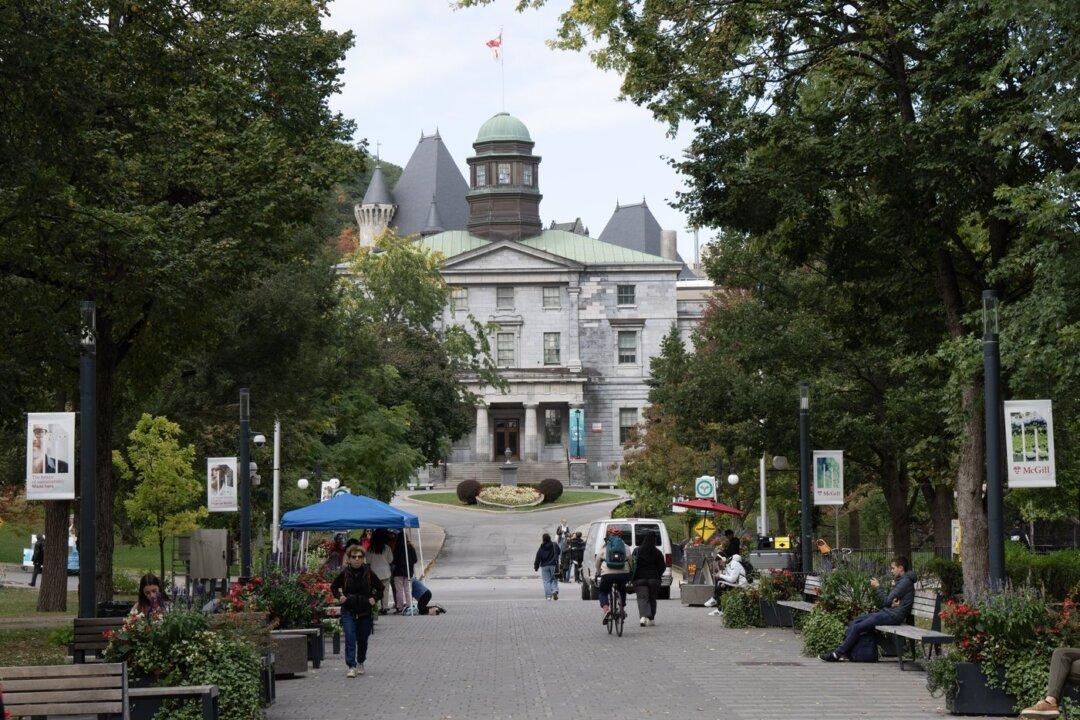McGill University professor Benjamin Fung said he “welcomes” the decision by Canada’s immigration office to raise the bar for visa applications, noting that professors rely on immigration officers to vet the potential security of foreign students.
Mr. Fung was commenting on a recent Federal Court judge’s decision to dismiss the application brought by Yuekang Li, a Chinese student accepted into a Ph.D. program at the University of Waterloo. In December 2023, Chief Justice Paul Crampton ruled that an immigration officer was right in denying Mr. Li a student permit due to his potential engagement in espionage activities.





